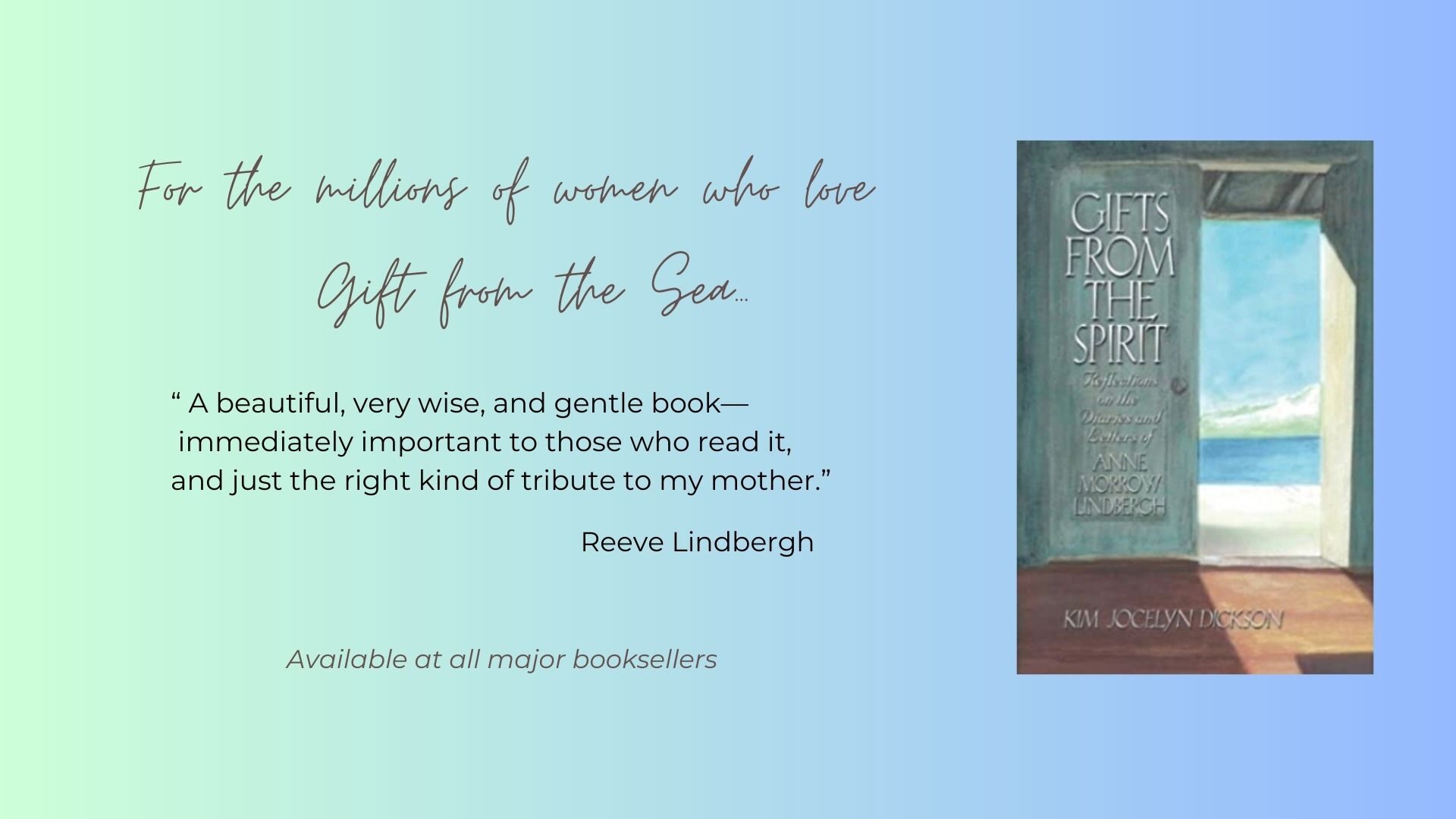 “I think that the human spirit—for all its dark side that I here portray—is in essence heroic.” —Herman Wouk
“I think that the human spirit—for all its dark side that I here portray—is in essence heroic.” —Herman Wouk
I came up for air not long ago, after a two month immersion in the extended global conflict known as World War II. Herman Wouk’s The Winds of War and War and Remembrance—two volumes, 1,924 pages in all—were so compelling that if I could have put the rest of my life on hold, just to read, I would have.
I’d missed these best-sellers when they were first published in the ’70s and the subsequent mini-series of the ’80s. My history-loving son had read them as a freshman in high school and recommended them to me last summer. Having just spent a couple of years reading fiction and nonfiction around World War I, of which I’d previously known little, I was ready to move on. World War II seemed to me a more familiar subject. So many books and movies had covered the era that I wasn’t sure there was more to understand. I was wrong.
The brilliance of Wouk’s epic novels is in his ability to transport the reader into places and events around the world through the narrative of one American family and their circle of friends and loved ones. Wouk manages to make you care desperately about these characters, so much so that you find yourself willing to follow them anywhere. And follow them you will. The setting ricochets around the globe from Washington D.C. to Berlin, from Pensacola to Pearl Harbor, from London to Stalingrad, from the bowels of a submarine in the Pacific to the belly of a RAF bomber over Germany, from the Oval Office of the President to the gas chambers of Auschwitz. Wouk manages to weave the fictional Henry family’s story into the historical narrative and the lives of actual historical figures believably, and the contrivance to place his characters in these key global hotspots is hardly felt because the story he tells is so engaging.
Harrowing, yet fascinating, the novels engendered in me a newfound appreciation of just what was at stake in this conflict that Wouk called “the worst world catastrophe” and how the geopolitical map changed because of it. One can’t help but wonder about the countless ‘what if’s’ as well. What if the British hadn’t been able to hold out against the Nazis as long as they did and England had succumbed to Hitler? What if Hitler hadn’t opened the eastern front in Russia? What if Germany had succeeded in developing the atomic bomb before the United States? And the big what if: What if the Allied nations had recognized the cancer that was metastasizing in Germany in the 1930s and intervened when Hitler invaded Austria and Czechoslovakia?
I can’t remember when I’ve read such an enthralling work of historical fiction, the kind that tells a character-driven story so well that you find yourself absorbing the history of the time almost as a by-product. The kind that makes you more appreciative than ever of all of the courageous men and women who served then and serve now.
Appendix: After writing this review, I came across this Atlantic article on Herman Wouk, who turned 100 this year. Despite winning the Pulitzer for The Caine Mutiny, Wouk has not received his critical due from the literary establishment. The issues are addressed here.
